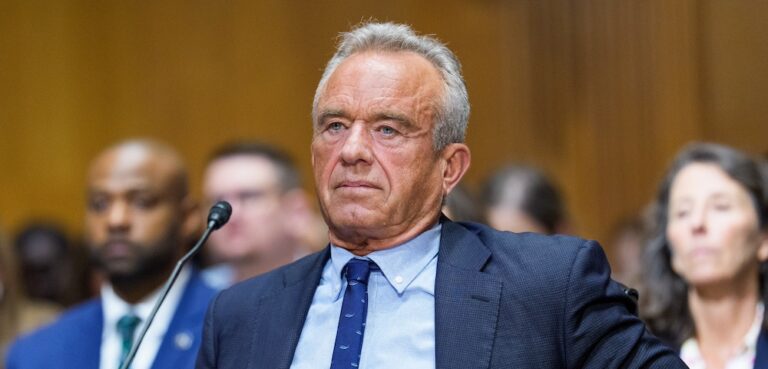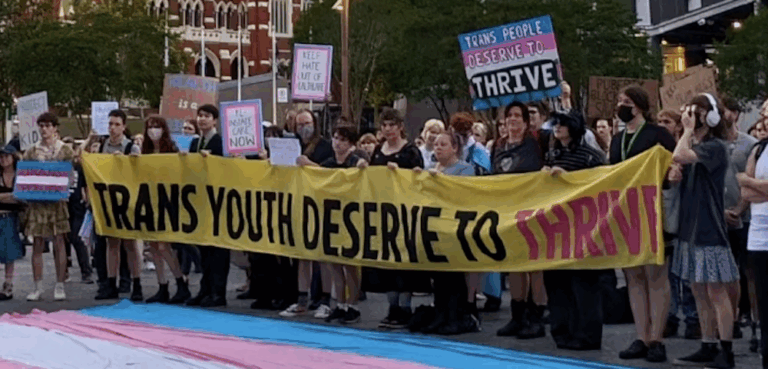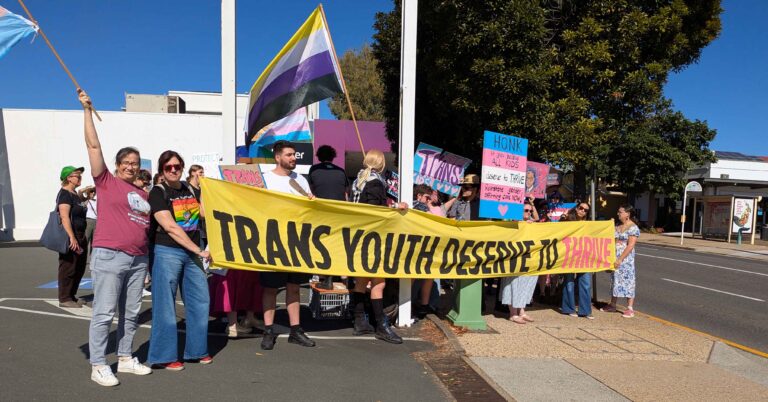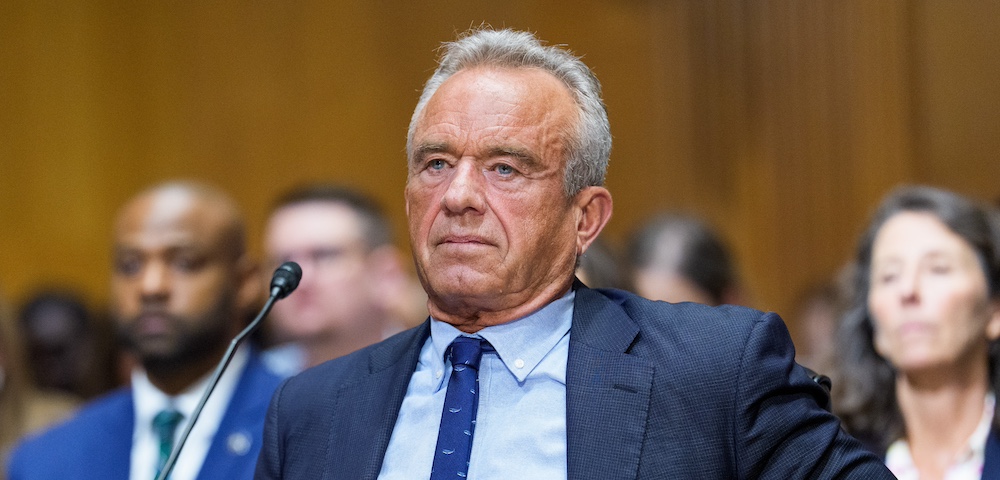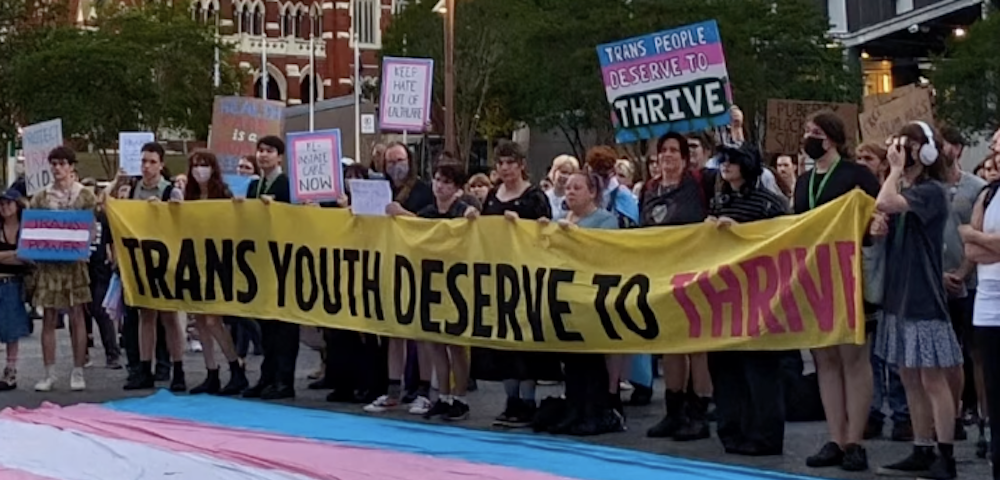
Perth’s New Groundbreaking Transgender Study

By Dr. Antimony Deor
Just 5% of young people referred to a children’s gender clinic re-identified as their sex assigned at birth, pioneering Australian research has shown. This groundbreaking study from the Perth Children’s Hospital used innovative methodology to address misconceptions about de-transition.
Researchers at the Child and Adolescent Health Service Gender Diversity Service (GDS) studied the records of every person who was referred between 2014 and 2020.
Out of the 995 records that were analysed, 552 were closed. These closed records represent patients who were referred to the service but did not attend or who stopped attending.
While the majority of these patients transferred to adult gender clinics, moved interstate, were referred by mistake, declined the referral, or were too young, 29 left the service because they re-identified with their sex assigned at birth. Twenty-seven out of these 29 did so before their first appointment or during the initial assessment phase. One of these 29 later re-identified as trans and sought a new referral.
Other studies have struggled to follow up with patients who stopped attending gender clinics. As such, there has been some uncertainty about the reasons why people end their treatment. However, as GDS is the only gender-affirming medical service for children and adolescents in Western Australia, any person under the age of 18 wishing to medically transition must use this clinic.
This means the GDS had a unique opportunity to study this population.
The dramatic results led the study’s authors to conclude that “the specter (sic) of reidentification need not overshadow clinical care frameworks” and that “care efforts are better directed toward considering how children and adolescents may be best supported in
their well-being and quality of life, validating all future gender identity possibilities … Young people and families should be supported to embrace attitudes of acceptance, whether gender identity remains stable or continues to evolve.”
In her Substack newsletter, trans journalist Erin Reed stated “It will likely be cited as the most compelling study on low de-transition rates in the coming months.”
The RACGP trans healthcare-specific interest group chair Dr Michelle Dutton told The Medical Republic that “the data really reassures [me] that this care is safe and that this care benefits the young people who access it.”
The study comes as Western Australia begins to simplify its process for changing sex on birth certificates, and the federal government considers adding gender-affirming surgery to Medicare.


